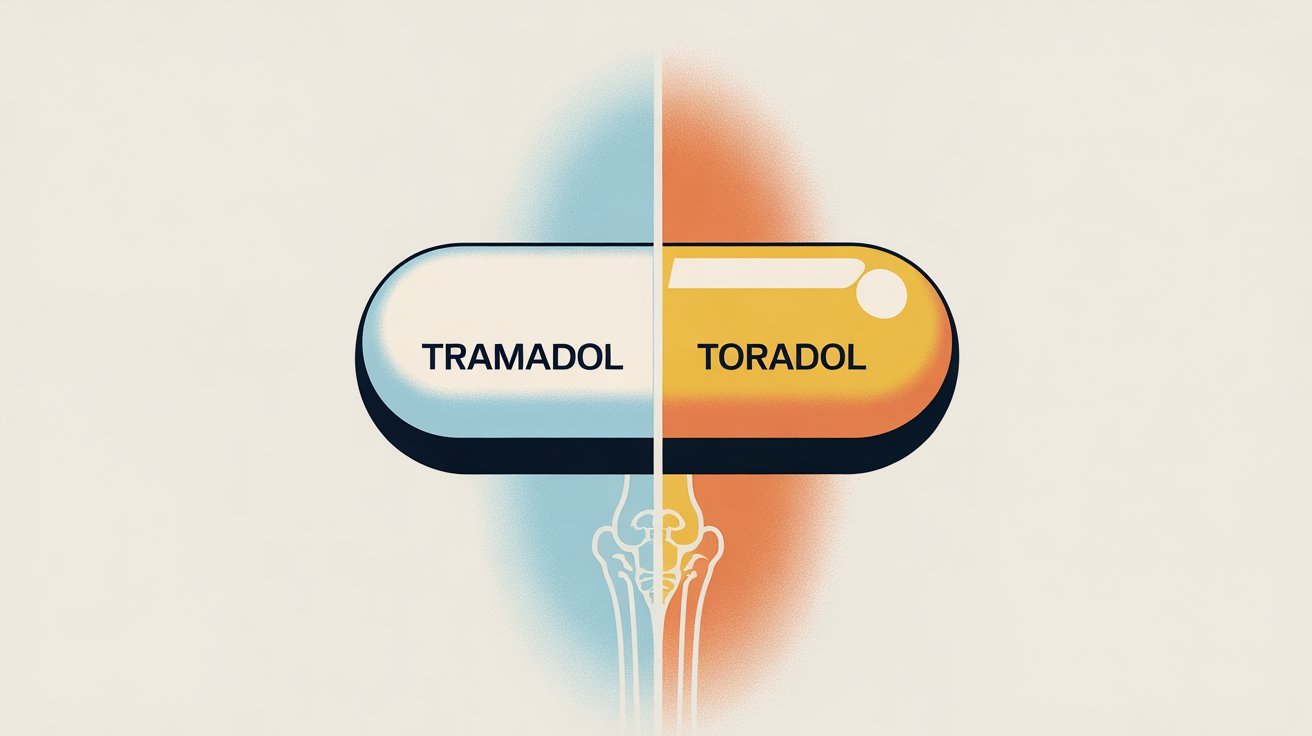This growth is driven by the increasing awareness of fertility issues and rising infertility rates worldwide. The Global Fertility Supplements Market is expected to grow at a CAGR of 8.30% from 2024 to 2032, reaching USD 4.28 billion by 2032.
Fertility supplements are becoming increasingly popular, as they help individuals improve reproductive health. With infertility rates rising, many are turning to these products to enhance fertility naturally. This article explores the key factors driving market growth in the Global Fertility Supplements Market, the main players, and answers some frequently asked questions (FAQs).
Market Overview
Fertility supplements contain a variety of vitamins, minerals, and herbal ingredients that support both male and female reproductive health. These supplements aim to improve egg quality, sperm health, and overall fertility. As infertility rates continue to rise, these products have gained popularity as a complementary treatment to traditional fertility methods like IVF.
Get a Free Sample Report with Table of Contents : https://www.expertmarketresearch.com/reports/fertility-supplements-market/requestsample
The primary drivers of the market include:
- Increasing Infertility Rates: Many individuals are struggling with infertility due to factors such as delayed childbearing, poor lifestyle choices, and environmental factors.
- Growing Awareness: More people are aware of fertility issues, and many opt for supplements before considering invasive treatments like IVF.
- Lifestyle Changes: Poor diets, high stress levels, and environmental pollutants are increasing the need for fertility support.
- Technological Advancements: With the rise of e-commerce and innovations in supplement formulations, the availability and accessibility of fertility supplements have grown.
Fertility Supplements Market Segmentation
The fertility supplements market can be divided into product type, demographics, and distribution channels.
By Product Type
- Women’s Fertility Supplements: These are formulated with ingredients like folic acid, inositol, and omega-3 fatty acids. They support hormonal balance and improve egg quality.
- Men’s Fertility Supplements: Typically contain zinc, selenium, and vitamin C, these supplements aim to enhance sperm count and motility.
- Combination Fertility Supplements: These supplements are designed for both men and women, offering a balanced mix of nutrients to support overall reproductive health.
By Demographics
- Male Fertility: Men’s fertility supplements are becoming increasingly popular, especially since male infertility accounts for about 40-50% of infertility cases. These products help improve sperm quality and motility.
- Female Fertility: Women’s fertility supplements focus on improving egg quality, balancing hormones, and supporting overall reproductive system health.
By Distribution Channel
- Online Retail: The demand for fertility supplements through online retail channels is growing rapidly. Consumers prefer the convenience of shopping online, where they can access a wide variety of products and read reviews.
- Offline Retail: Pharmacies, health food stores, and supermarkets are still significant sales channels, especially for consumers who prefer to speak with a healthcare professional before making a purchase.
- Direct Sales: Many manufacturers sell fertility supplements directly to consumers through their websites, providing personalised consultation services.
Key Trends in the Fertility Supplements Market
1. Personalised Fertility Solutions
Consumers are increasingly looking for personalised solutions to meet their fertility needs. Companies are offering fertility tests and consultations to help individuals choose the right supplements.
2. Natural and Organic Products
There is a growing demand for natural, organic, and plant-based supplements. Herbal ingredients like maca root, ashwagandha, and red clover are gaining popularity for their fertility-enhancing benefits.
3. Focus on Male Fertility
While fertility treatments have traditionally focused on women, there is now a greater focus on male fertility. Male fertility supplements are becoming more common, addressing issues such as sperm count and motility.
4. Research and Development Investments
Leading manufacturers are investing in research to create more effective and innovative fertility supplements. This includes developing formulations with better nutrient absorption and bioavailability.
Key Players in the Fertility Supplements Market
Several companies dominate the fertility supplements market. Some of the leading players include:
1. Fairhaven Health (USA)
Fairhaven Health is a leading provider of fertility supplements. Their products, like FertilAid for Women and Men, are designed to support reproductive health and help individuals trying to conceive.
2. Garden of Life (USA)
Known for organic products, Garden of Life offers fertility supplements like mykind Organics Fertility, which are made from organic ingredients for both men and women.
3. Vitabiotics (UK)
Vitabiotics offers a wide range of fertility supplements, including Pregnacare and Wellman Fertility. Their products support both male and female fertility.
4. Sasmar (Australia)
Sasmar produces fertility supplements like Conceive Plus, which are designed to enhance fertility for both men and women.
5. Life Extension (USA)
Life Extension offers a variety of supplements targeting male and female fertility. Their product range includes multivitamins and fertility-specific nutrients.
6. New Chapter (USA)
New Chapter provides organic, whole-food-based supplements, including prenatal and fertility-specific vitamins, to support reproductive health.
FAQs
1. What are fertility supplements?
Fertility supplements are products designed to support reproductive health. They contain vitamins, minerals, and herbs that help improve egg and sperm quality, regulate hormones, and enhance fertility.
2. Do fertility supplements really work?
Fertility supplements can improve reproductive health, but results vary. Some people may see improvements within a few months, while others may take longer. It’s essential to consult a healthcare provider before using supplements.
3. What are the best supplements for female fertility?
Common supplements for female fertility include folic acid, inositol, vitamin D, and omega-3 fatty acids. These ingredients help regulate hormones and improve egg quality.
4. Can fertility supplements improve male fertility?
Yes, male fertility supplements can improve sperm health. Common ingredients include zinc, selenium, vitamin C, and L-carnitine, which support sperm count and motility.
5. Are fertility supplements safe to use?
Generally, fertility supplements are safe, but it’s essential to follow recommended dosages and consult a healthcare provider, especially if undergoing fertility treatments or having other health conditions.
6. How long does it take for fertility supplements to show results?
It may take a few months to see improvements, but this varies. Consistency is important, and patience is necessary for optimal results. https://techners.net/
















Leave a Reply